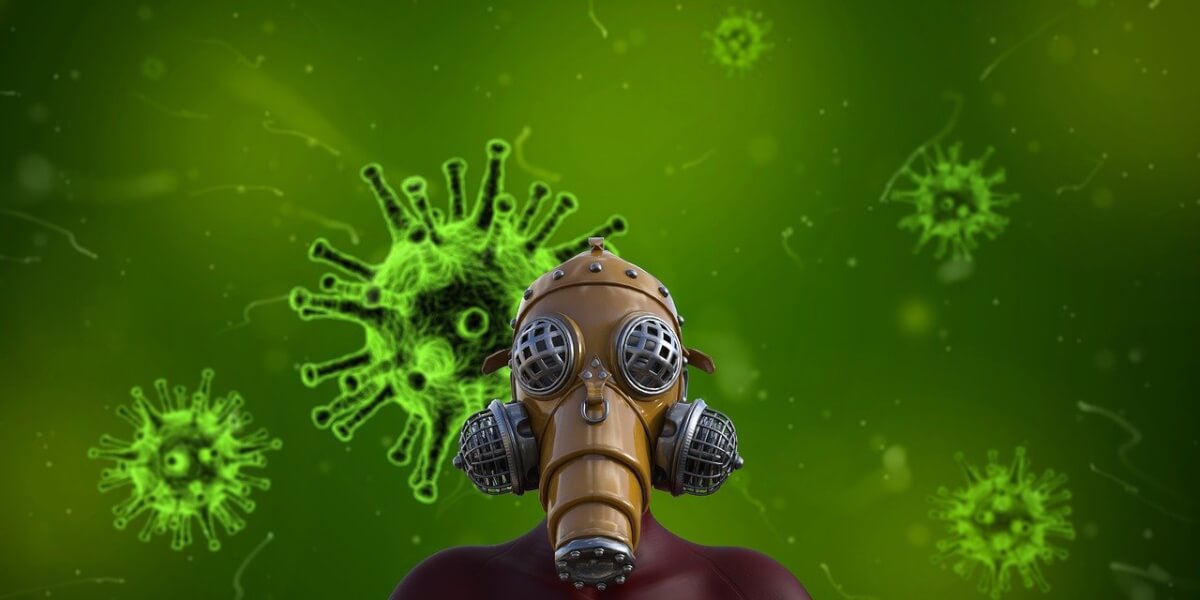At the time of March 2020 the question that many keep in mind…most of the time, seasonal flu and cough are likely to dissipate during the warm months of summer. This is mainly because people stop gathering during warm weather conditions. And, this reduces the risks of cough or cold from spreading. However, the situation is not similar with COVID-19. This is a virus that is capable of spreading throughout the southern hemisphere. And, the southern hemisphere is known for its warm climates. There are some clues that the virus breakout could have occurred during late summers too. This is why scientists and researchers strongly believe that COVID-19 cannot be eliminated based on the seasons alone. In the next few weeks, this can turn into an annual respiratory disorder if it is not stopped promptly.
A Common Question
People around the world ponder if the virus would go away in the Northern Hemisphere. Once again, these questions have surfaced because the Northern Hemisphere is also known for its warm temperatures. Few days ago, a person travelled from Brazil to Italy. And, he showed signs of carrying the coronavirus. This means, the virus has spread in Latin America too. This case made headlines, because there were doubts if the virus can survive the warm temperatures of Latin America.
Is COVID-19 here to stay? Well, the answer strongly depends on how prepared a country is. Many parts of the world are not equipped enough to handle an outbreak like Coronavirus. In fact, there is very little technology is some of these warm countries to judge if the virus can survive or not.
Behavior of Viruses
If you are new to science, you must be prepared to acknowledge the following fact. The behavior of viruses differs from one hemisphere to another. This means, viruses that emerge in calm, mild climates are likely to react differently in warmer climates. However, it is only hope that the virus wouldn’t spread during the warm season. As mentioned previously, this is mainly because viruses are more likely to behave differently when the temperature is warmer.
How do People reach during warmer days?
When compared to winter (cold) season, the way people behave becomes different during warm, summers. For instance, most people don’t prefer staying next to others. In fact, some people are likely to hunt for cozy places with air conditioning and other cooling devices. Buildings are installed with proper ventilation, and more light enters into the premises. These conditions make it difficult for the virus to survive. As a result, it is quite difficult for the viral transmission to happen.
Unfortunately, not all experts agree to this fact. Many scientists claim that the opposite could happen. There is very little proof that warmer climates can eliminate the virus and its risks. COVID-19 doesn’t seem to be dying because of warm weather. In fact, there are cases of coronavirus in places with higher humidity and warmer temperatures too. For example, Singapore is a humid, warm country which has recorded a significant number of corona cases. When compared to so many other countries in the Northern Hemisphere, Singapore is definitely hot and humid. Yet, it doesn’t go with the theory that COVID-19 cannot sustain warm climates. In fact, Singapore is known for sustaining a wide range of diseases in the past. Nevertheless, it has not been able to handle COVID-19 like before.
Where is the virus heading?
Many researchers claim that the virus is not going to end in the next few months. This is mainly because there is no vaccine to cure the disease. Even if the world finds a suitable vaccine, hundreds of thousands of people should be vaccinated. This would be the only solution to COVID-19. Epidemics like the coronavirus can be stopped only when there are no susceptible people for the virus to get in touch with.
Meanwhile, it is important to accept the fact that the virus can spread rapidly in big cities. This is because there will be more human contact for the virus. And, when the place is not clean, the risks of COVID-19 spreading are high. This means places like day care centers, schools and jails are more likely to be affected by the virus.
So many factors can feed this epidemic. For instance, when people travel into China, especially the location from where this virus originated, there will be chances of it spreading. Meanwhile, scientists strongly believe that corona will turn into a seasonal respiratory disease that becomes intense during colder seasons. The rate at which the disease spreads depends on how many susceptible people are present at a given location and time.
Public Intervention
Now, it is important to combat the virus through personal steps. For instance, people are advised to wear N95 masks to keep the virus at bay. Using any other mask will not be effective. Also, it is important for families to practice hygiene everywhere. Hands should be washed with alcohol based sanitizers. These are simple ways of safeguarding your health from the COVID-19. Yet, these actions can only guarantee a predefined amount of safety. It is important for scientists to identify a suitable vaccine for handling the corona virus.
The Past!
With corona virus spreading at a rapid pace, it is important for the world to remember other epidemic diseases like SARS and MERS. These were outbreaks that happened in the year 2002. More than 90% of the DNA of corona virus, matches with the SARs and MERs. This means, there is hope that science will find a solution against COVID-19.
In the quest to eliminate coronavirus, it is important for researchers to understand if SARS and MERS survived in warmer weather conditions or not. And, it is also vital to acknowledge if treatments for SARS and MERS really work. Unlike SARs, which was never contained to the fullest, MERS was a controllable condition. The virus was famous in Middle Eastern countries, and it hardly spread to the rest of the world. Yet, it is quite unclear if COVID-19 would imitate the behavior of SARs and MERS. There is so much to study and understand about the behavior and qualities of the corona virus.
This means, the question if COVID-19 is here to stay is still open ended.





